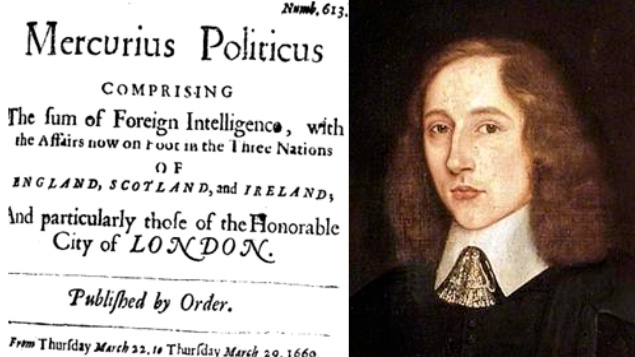My Thesis On John Fowke Of English Civil War London Is Now Published On ProQuest
Scholars of Stuart England should read it
My academic advisor sent me “a big congratulations to you for completing this project,” my thesis on the most interesting man in English Civil War London. “It is one of the most ambitious and best M.A. theses I have worked with in my career.” My university does not make it easy to get a thesis to the finish line, so “I admire the way you stuck with it until the end,” he wrote. It was a nice note from a serious scholar.
East India Company v John Fowke and the Origins of the English Civil War makes a rather substantial claim right in the title. The question of why the war happened has frustrated historians for centuries, and some of them — most prominently Christopher Hill — have even dismissed Fowke as a worthy subject of study.
Still, the name John Fowke appears all too prominently in the more recent academic works on the English Civil War. Most recently, in 2021 Jordan Downs examined the politics of revolutionary London. While Downs is focused on Sir Isaac Pennington, Fowke appears in Mobilizing for Parliament as Pennington’s key political partner.
Respectively, Robert Brenner and L.H. Roper have established an understanding of Fowke’s business partnerships in the London “war party” during the conflict and then their exploitation of their victory into the Restoration.
To my knowledge, I am the first historian to write a full biography of John Fowke, bringing together all the available primary and secondary sources I could find. While historians have noted that Fowke was litigious, and that he had a long legal war with the East India Company, it seemed that no one had ever examined the case. Fowke became the subject of my interest when I opened the very first volume of Company court minutes and discovered the case had begun with a cargo of imported saltpeter. Fowke was exactly what I was looking for. So I hired Susan Moore, a very talented researcher, and obtained the original Chancery Court documents to formulate a thesis.
What I found may very well explain both the cause and the course of the English Civil War — a gunpowder war that launched a gunpowder empire.
John Fowke was deeply involved in the gunpowder trade as an importer merchant when he entered history at the beginning of the reign of Charles Stuart in 1627. He was a key military entrepreneur during the war, 1642-1648, as well as the most prominent Alderman on every committee responsible for running the London war machine. He was instrumental in the creation of the New Model Army and one of two men with the final decision on their famous red uniform coats.
Fowke also married a son into the London militia on the eve of the war, when the Trained Bands were radicalizing. John Fowke Jr. served as an officer under Henry Ireton in Ireland, then supervised a substantial new estate after the Irish Settlement — a key political wedge that Fowke and Pennington used to split the larger London business community from King Charles I.
The Chancery Court documents in my thesis reveal that Fowke was at the center of a political split within the larger London business community over the Courteen cartel in the 1630s. The split between Royalists and Cavaliers largely fell on these same lines after 1641. Along with his neighbor and constant business partner Maurice Thompson, Fowke dispatched the last Courteen fleet to India, where the ships filled their holds with saltpeter for the war. It was their final act as a corporation. After the regicide, Fowke and Thompson installed the Courteen model of colonizing and interloping trades on the nascent British gunpowder empire.
Fowke’s war with the East India Company endured much longer than his war with Charles I. My thesis argues that for John Fowke, the English Civil War was merely an enlargement of this war with the royal trade monopoly. Historians have missed the plot. Now they must reexamine his career and reconsider the question of war responsibility.


